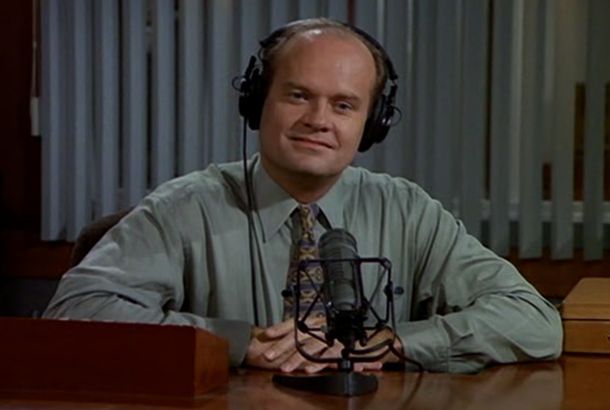This Is How It Should Be In Memory Care
Have you ever been so furious, you literally couldn’t see straight? That you sort of devolved into pacing because you couldn’t figure your next move? That was me this week.
I was a memory care director for years, and I absolutely loved it. I got to hang out with people living with dementia all day. That’s my shorthand way of saying, “I got to spend time with people who needed my love and support, but they always gave me so much more than I could ever hope to give them.”
I felt that way, and every person on my team felt that way. We felt honored and privileged to get to come to work every day.
How do I know we were providing truly excellent care, that we were delivering on the promise of how it should be in memory care? Beyond the fact of happy residents (truly, the only measure that matters) and happy family members, we won awards. National awards. We impressed state and federal surveyors.
This Is NOT How It Should Be In Memory Care
I switched from memory care director to private care management seven years ago. And my head is on fire with the horror stories I keep hearing about what’s going on in memory care right now.
It’s not just in one place, either. It’s across the USA, Canada, the UK (and I’m guessing everywhere, unfortunately).
In this past week, I had 3 people in 3 days (from 2 countries) reach out to me about flat-out crap care. And it got worse from there. By the end of the week, I glanced at my notes and saw 11 names. This is not how it should be in memory care!
One name is too many for a list like that.
Once I stopped pacing back and forth and could see straight again, it finally clicked for me that running around telling anyone who will listen “This isn’t how it’s supposed to be!” is pretty worthless.
DUH, right?
Let’s Get Solution-Oriented
You know your parent or partner deserves better. I know it, too. And it isn’t changing anything.
So, here are my two specific ideas:
#1 For families of people who live at home, I could teach their families how to avoid memory care. I’ll show you how to take care of your parent or partner at home.
After all, I know what gets people to the point where they feel they have no choice but to move forward with placement. So what if I could help before the family gets to that point?
#2 For families of people who already live in memory care: I could teach their families how to be an effective advocate. I’ll show you how to get the services and treatment your person is entitled to. In other words, help you shove guide the community to how it should be in memory care.
I’m all about giving the people what they want, so please let me know what you think. Just click on either link, and that will record your vote. It’s okay to do both, if you see merit in both.
Thing #1- Avoid memory care
Thing #2-Be an effective advocate in memory care
I’m Listening
Your opinion matters! For example, I was going to do a piece on how to get through the day when you’re a stay-at-home care partner. Like, explain the actual nuts and bolts of how to have a great day. Show what to do to make it a great day. Say how to handle if your person doesn’t want to do something (or anything), or follows you around all day, etc. That kind of thing.
And now I’m not writing that piece, because it turns out I was the only one who thought it would be helpful to you! (Embarrassing, but there you have it.) You, who actually lives your life, let me know with your silence that I was way on the wrong track.
Update 8/5/17: Plenty of you reached out and said that actually, you would like to see something on how to have a great day. So I’ll be serving that up very soon.
Your vote will help me determine how I can best support you and your parent or partner. I look forward to seeing your votes, and of course, feel free to tell me more in the comments below!
Christy Turner is the founder of DementiaSherpa.com and has enjoyed the privilege of working with 1,123 people living with dementia and their families. Follow on Facebook, Google+, Instagram, Pinterest, Twitter, and YouTube. Content varies across platforms.

